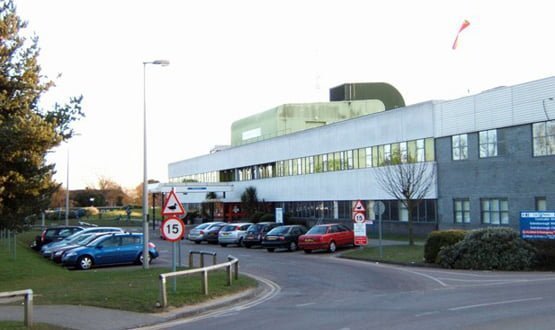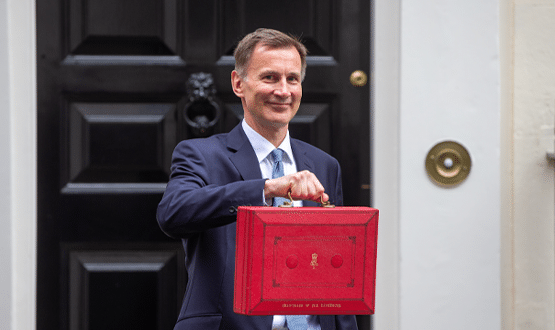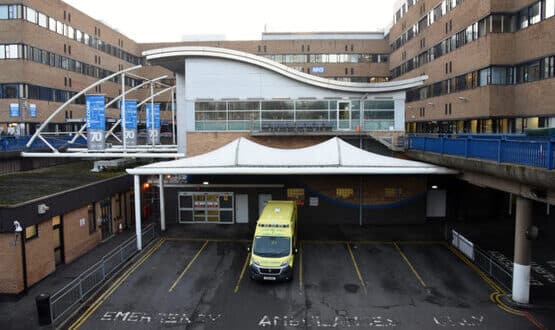Colchester put into special measures
- 14 November 2013

Monitor has put Colchester Hospital University NHS Foundation Trust, which is facing a data scandal related to cancer waiting times, into special measures.
The foundation trust watchdog said it had made the move in response to concerns about the quality of cancer services at the trust that were raised by the Care Quality Commission last week.
An improvement director will now be appointed to “ensure the trust turns itself around” and the trust will be paired with a higher performing trust to help it make improvements to its cancer pathways.
The trust will also be required to update the public on progress, and to show that it has the “necessary capability in place” to run itself effectively. The last condition means, in effect, that its senior management is being challenged to show it is up to the job.
Adam Cayley, regional director for Monitor, said: “We have stepped in to formally assure the health and wellbeing of patients using the cancer pathway at Colchester. We will be monitoring progress closely and we will not hesitate to take further regulatory action if required.”
The new chief inspector of hospitals, Professor Sir Mike Richards, urged Monitor to act after CQC inspectors were tipped off that hospital staff were being pressured to change data about cancer waiting times.
The inspectors looked at a sample of 61 records, and found that 22 patients might have been placed at risk because they were not treated within the required 62 days. In three cases, the CQC found that patients had waited more than 100 days for treatment.
However, because the inspectors looked at only a small sample of records, it is possible that Colchester could turn out to be facing a much bigger ‘fiddled figures’ scandal.
NHS England has set up a specialist team to look at the care given to patients at the hospital since 2010.
Over the weekend, The Observer reported that Colchester General Hospital treats 6,000 cancer patients a year, which means it will have treated around 18,000 people over the period that the commissioning board and regulators are worried about.
If the pattern that the CQC inspectors discovered, of a third of patients having their waiting times incorrectly recorded, was repeated for all of these patients, then 6,000 people could have faced delays in their treatment.
The police are now investigating the allegations that staff were pressured to change waiting times, and union Unison has called for more protection for whistleblowers.
Its regional head of health, Tracey Lambert, said that the decision to place the trust in special measures was the right one, because “the trust has lost the confidence of patients and the public.” She also called for a “significant change of leadership” at the trust.
Health secretary Jeremy Hunt has called for it to become a criminal offence for NHS providers to supply false or misleading data about their performance to regulators and other bodies.




